Why Regular Plumbing Maintenance is Essential for Your Health
Ensure a healthy home with regular plumbing maintenance, as it directly impacts your well-being and living environment.
In the hustle and bustle of our daily lives, it’s easy to take the plumbing system in our homes for granted. We turn on the tap, flush the toilet, and expect everything to work seamlessly.
However, many overlook proper plumbing maintenance’s critical role in safeguarding our health and well-being. From clean water for drinking and bathing to efficient waste removal, a well-maintained plumbing system is the backbone of a healthy home.
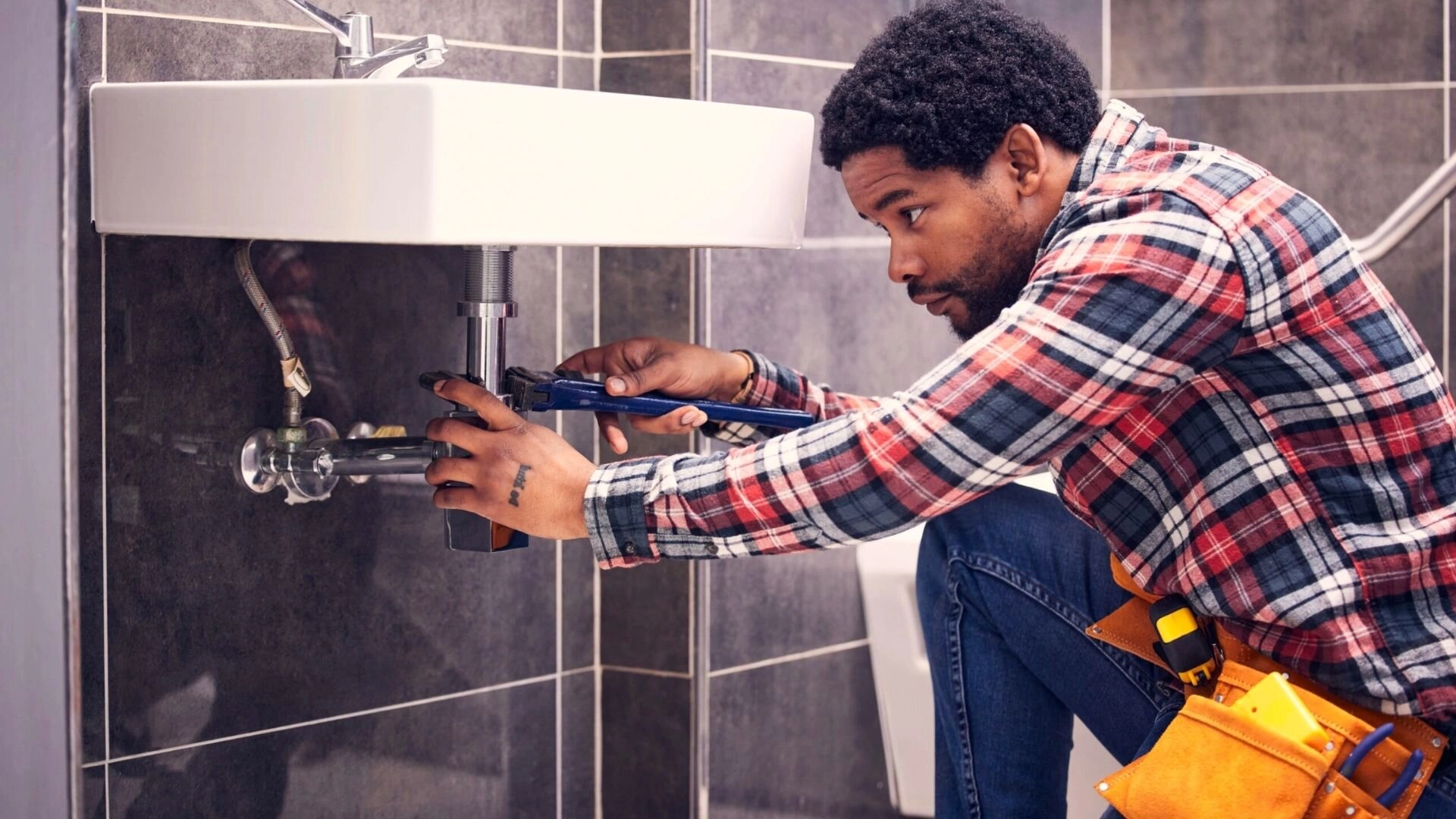
We’ll delve into the fact that regular plumbing maintenance is not just a matter of convenience but a crucial aspect of ensuring your overall health.
The Benefits of Regular Plumbing Maintenance
Regular plumbing maintenance is essential for your home or business’s smooth and efficient functioning. Many of us take our plumbing systems for granted until a problem arises, and by then, it’s often too late to prevent costly repairs.
By prioritising routine plumbing maintenance, you can avoid unexpected and inconvenient plumbing issues. Regular inspections and upkeep help identify and address minor, significant problems before they escalate into major disasters.
This will save money and ensure your plumbing system operates at its best, conserving water and energy. Additionally, proactive plumbing maintenance can enhance the longevity of your plumbing fixtures and pipes, reducing the need for costly replacements.
Regular plumbing maintenance ensures and promotes convenience and sustainability while safeguarding your property’s value. Don’t wait for plumbing emergencies; schedule routine maintenance today to keep your plumbing in top-notch condition.
Common Health Risks from Poor Plumbing
Poor plumbing can pose significant health risks to individuals and communities alike. While it’s easy to take clean water and functional plumbing for granted, the consequences of neglecting your home’s plumbing system can be dire. Here are some of the most common health risks associated with poor plumbing:
Contaminated Drinking Water
When plumbing systems are compromised, contaminants like bacteria, viruses, and heavy metals are more likely to infiltrate your drinking water. Consuming contaminated water can lead to many illnesses, including gastrointestinal infections, diarrhea, and even more severe health issues.
Mould and Mildew Growth
Leaking pipes and moisture build-up in poorly maintained plumbing can create the perfect breeding ground for mould and mildew. Exposure to mould spores can trigger respiratory problems and allergies and exacerbate existing health conditions, especially in individuals with compromised immune systems.
Waterborne Diseases
Inadequate plumbing can mix sewage and wastewater with the water supply. This contamination can spread waterborne diseases like cholera, typhoid, and hepatitis A, posing a significant public health risk.
Respiratory Issues
When water leaks go unnoticed or unaddressed, they can lead to structural damage and the growth of harmful microorganisms within walls and ceilings. Inhalation of these contaminants can cause respiratory problems and aggravating conditions like asthma and bronchitis.
Skin Irritations
Poor plumbing can lead to complex water issues with excessive minerals like calcium and magnesium. Bathing or washing with hard water can dry out the skin, leading to irritation, itching, and exacerbating skin conditions like eczema.
Insect and Rodent Infestations
Damp and stagnant water resulting from plumbing issues can attract insects and rodents. These pests can carry diseases and contaminate your living spaces, further jeopardising your health.
Psychological Stress
Constant plumbing problems can cause emotional stress and anxiety , which, in turn, can impact your overall well-being and mental health.
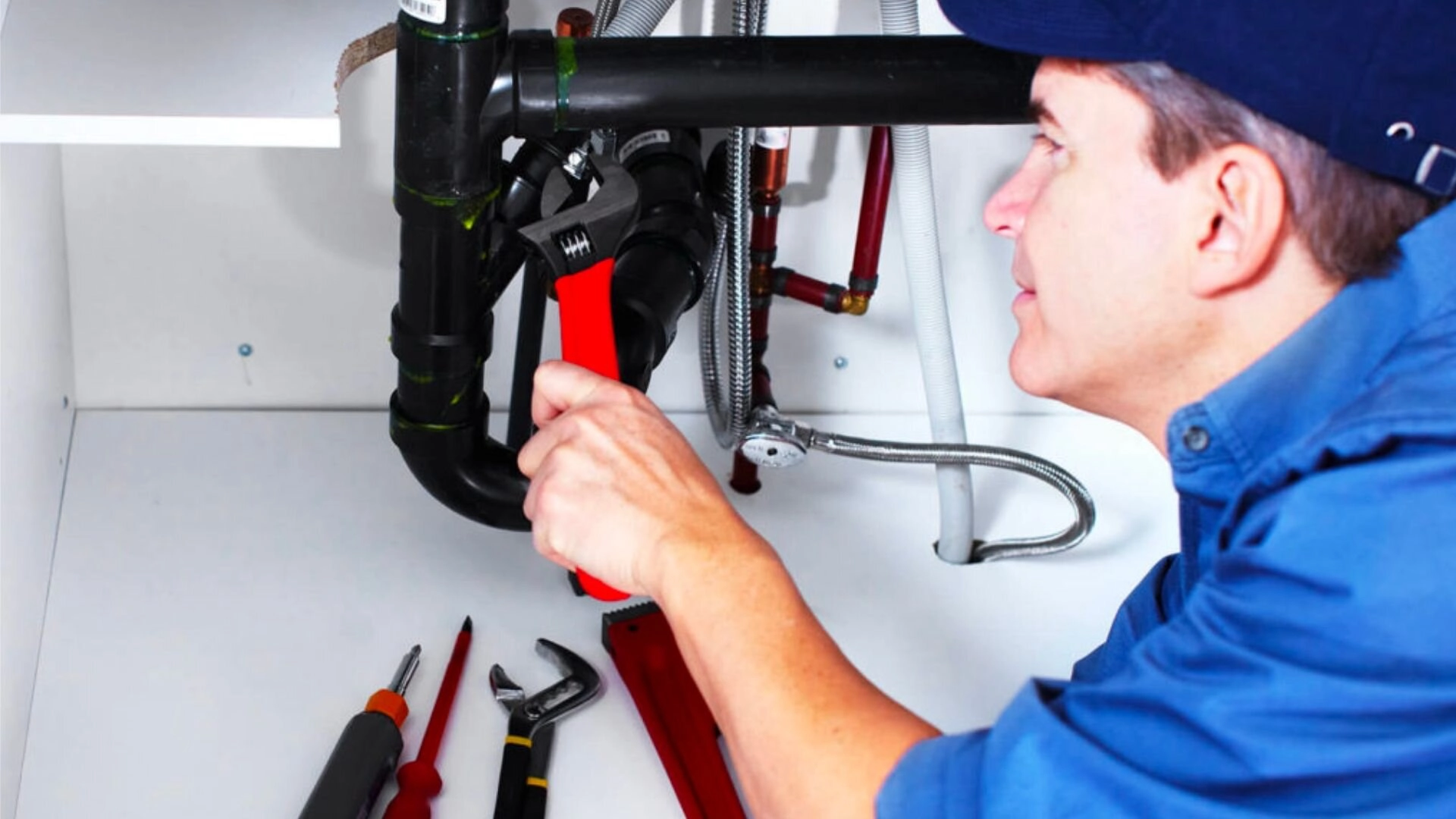
Ensuring Health with Regular Plumbing Infrastructure Maintenance
Ensuring the health and well-being of your household begins with consistent maintenance. Your plumbing system is crucial in maintaining a clean and safe living environment. By scheduling routine inspections and maintenance, you can proactively address potential issues that could compromise your health and prevent major repairs.
Regular maintenance helps prevent water contamination , which can lead to various health problems if left unchecked. Damaged or corroded pipes can introduce harmful contaminants into your drinking water, posing a risk to you and your family. By promptly repairing or replacing faulty plumbing components, you can ensure that the water flowing through your taps remains clean and safe.
In addition, maintaining your plumbing system reduces the likelihood of leaks and water damage, creating ideal conditions for mould and mildew growth. These indoor allergens can trigger respiratory issues and allergies, particularly in vulnerable individuals. Regular plumbing maintenance can mitigate these risks by preventing leaks and the associated health and safety hazards.
Consistent water pressure and temperature are essential for safety in bathrooms and kitchens. Neglected plumbing systems can result in unpredictable hot water bursts or freezing showers, increasing the risk of scalding or thermal shock injuries.
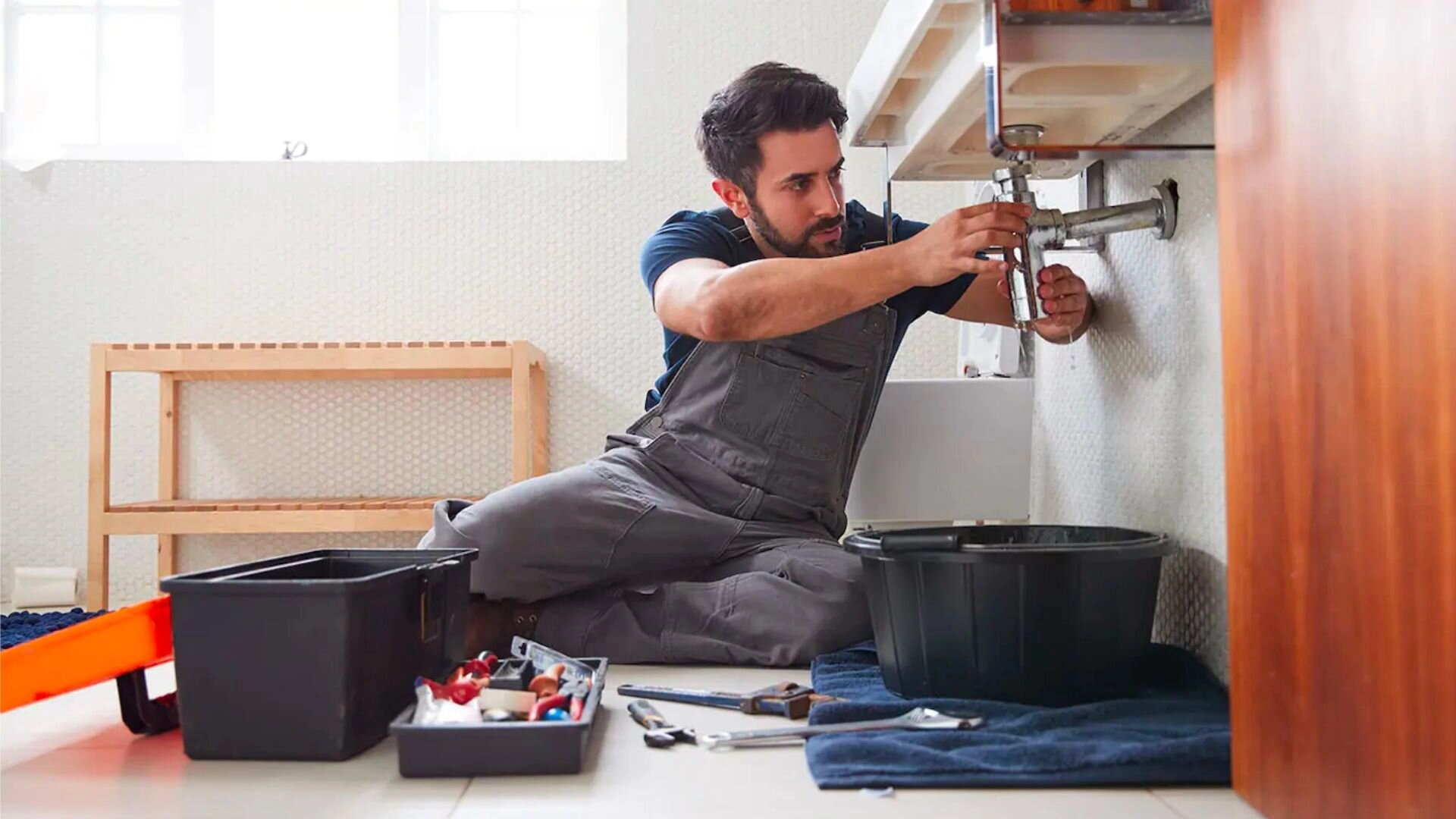
Routine Plumbing Maintenance Signs You Should Never Ignore
Maintaining a well-functioning plumbing system is crucial for the comfort and safety of your home. Ignoring minor issues can lead to costly plumbing emergency repairs and potential pipe damage to your property. Here are some key signs that should never be overlooked when it comes to regular plumbing maintenance:
Dripping Faucets
That annoying, persistent drip may seem minor, but it can waste gallons of water and significantly increase your water bill. A leaky faucet could also indicate a more significant underlying issue in your plumbing system.
Slow Draining Sinks or Showers
When your sinks or showers take longer than usual to drain, it often indicates a clog in the pipes. Ignoring this can lead to complete blockages and significant damage to the pipes.
Low Water Pressure
A sudden drop in water pressure can indicate a hidden leak or a pipe blockage. To prevent further damage, it’s essential to address this issue promptly.
Unpleasant Odours
Foul odours from your drains or toilets may suggest a sewage backup or bacteria build-up in your plumbin g. This not only affects your home’s comfort but also poses health risks.
Water Stains or Mould Growth
Water stains on walls or ceilings and mould or mildew growth can be signs of hidden leaks . Ignoring these issues can lead to structural damage and health hazards.
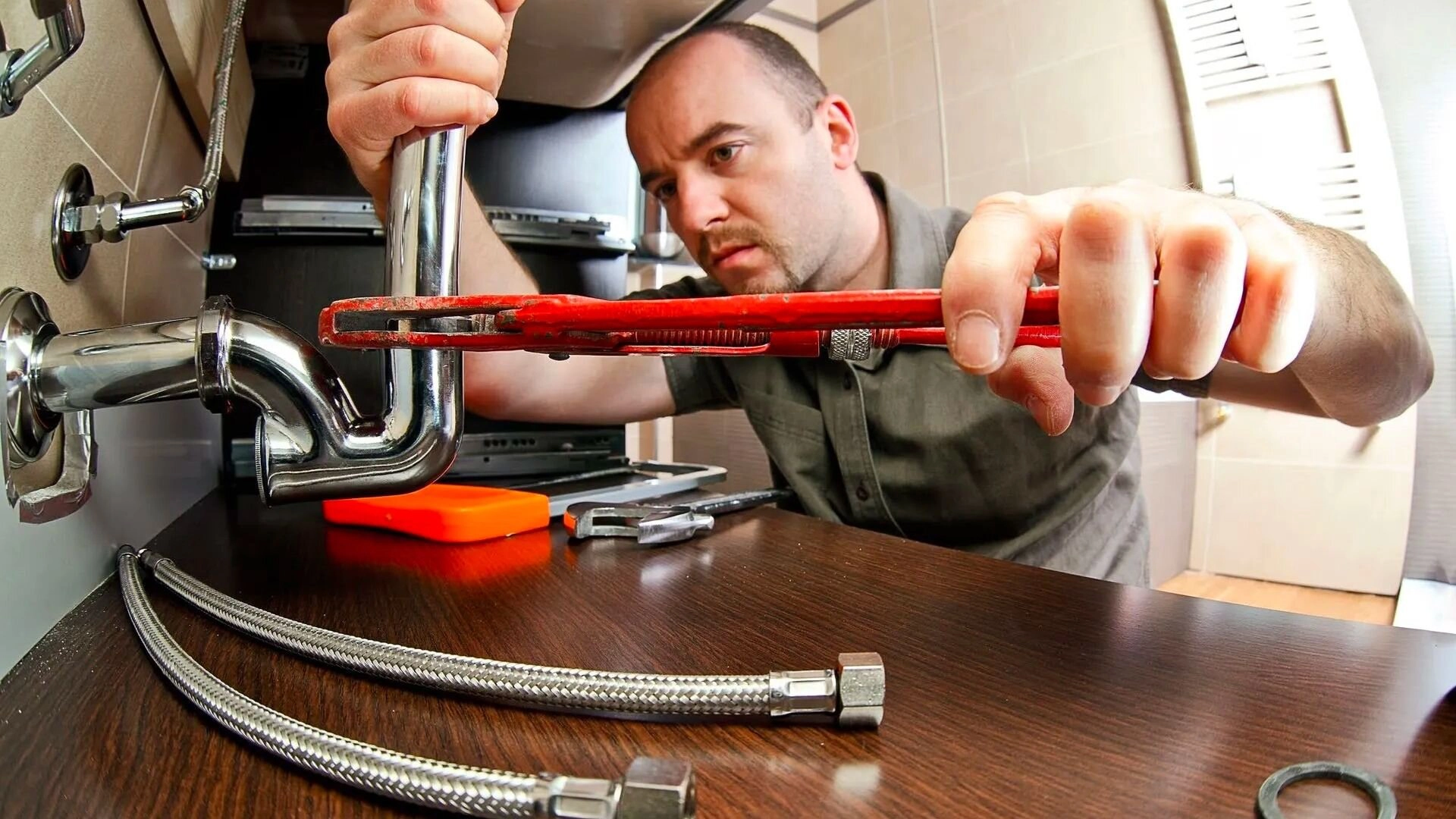
Noisy Pipes
Unusual sounds in your plumbing, such as banging, rattling, or whistling, can indicate issues with water pressure, loose pipes, or sediment build-up. Addressing these noises early can prevent more severe problems.
Running Toilets
A constantly running toilet wastes water and indicates a faulty valve or flapper. It’s a straightforward issue to fix if addressed promptly.
Rusty Water
If you notice rusty or discoloured water coming from your taps, it could signify corroded pipes. Left unattended, this can lead to pipe leaks and contamination of your drinking water.
Sudden Spike in Water Bills
A significant increase in your water bills without any apparent change in usage may indicate a hidden leak. Monitor your bills regularly to catch these issues early.
Frozen Pipes
In colder climates, frozen pipes can cause bursts and extensive damage. Proper insulation and preventive measures are crucial to avoid this issue.
Scheduling Your Plumbing Maintenance
Scheduling your plumbing maintenance is a straightforward yet crucial task to ensure your plumbing system’s longevity and peak efficiency. Consider setting up a regular maintenance schedule with a trusted licensed plumber. An annual inspection is typically recommended , but in some cases, more frequent checks may be necessary, especially for older homes or commercial properties.
When deciding on a suitable time for your regular maintenance, plan during seasons of lower demand for your plumbing system. This can help you avoid inconveniences and minimise disruptions to your daily routines.
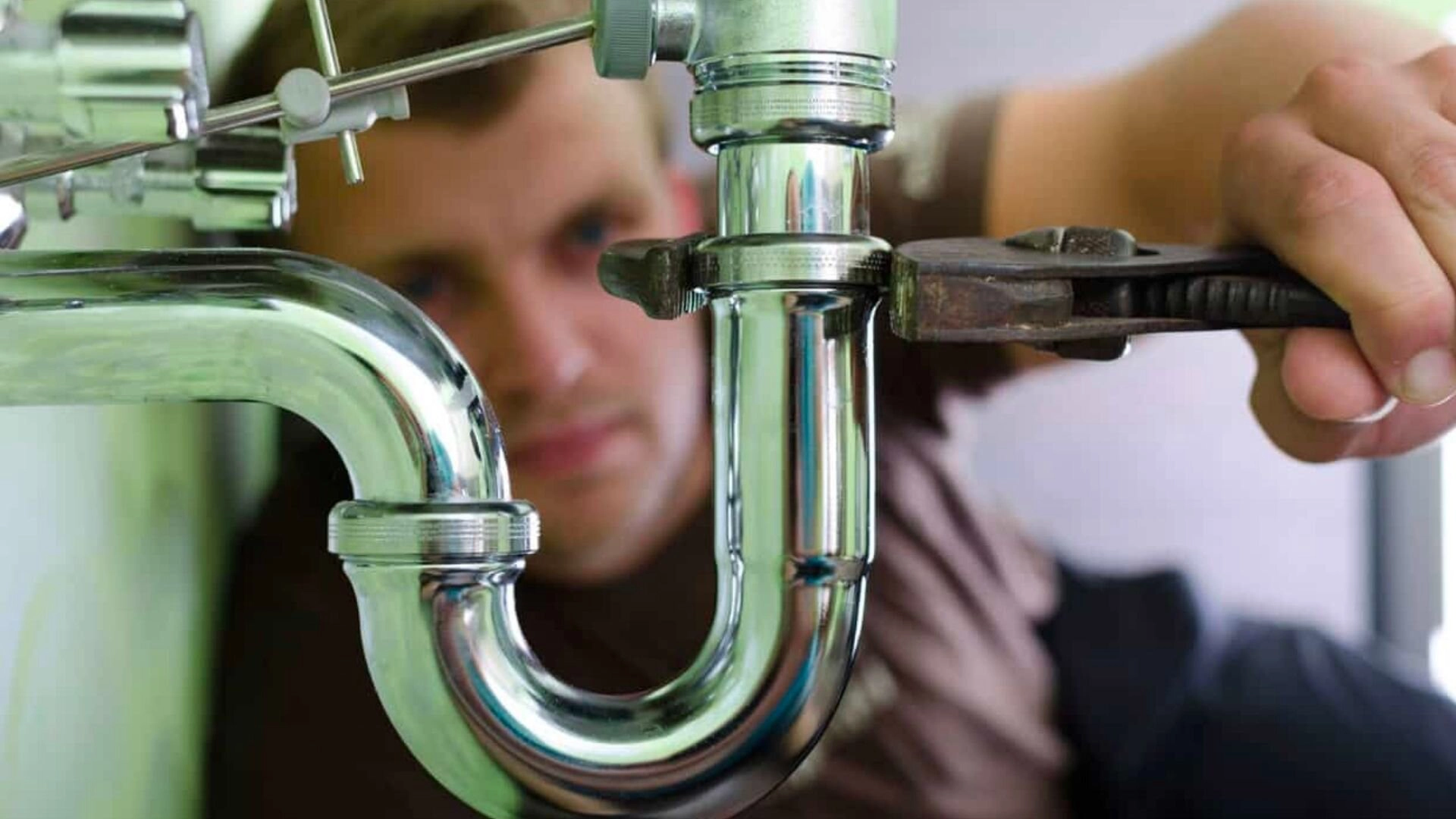
Additionally, take note of any unusual sounds, leaks, or changes in water pressure or temperature and schedule regular maintenance promptly if you notice any of these issues. Early intervention can prevent minor problems from evolving into major and costly repairs.
Communication is critical when scheduling plumbing maintenance. Be sure to coordinate with your chosen plumbing service provider well in advance and confirm the appointment.
Clear access to plumbing components that need inspection, such as a water heater, pipes, and fixtures. Lastly, keep records of your routine maintenance appointments to track the health of your plumbing system over time and ensure that you get all the essential check-ups.
Protecting Your Health, One Pipe at a Time
Never underestimate the significance of a well-maintained plumbing system when prioritising your health and well-being. The peace of mind from knowing your water is clean and your waste is efficiently managed is invaluable. At Service First Plumbing , we understand the vital role plumbing plays in your daily life, and we’re here to ensure it remains in top-notch condition.
If you’ve been inspired by the importance of regular plumbing maintenance discussed in this blog, please get in touch with us. Our team of professional plumbers is dedicated to providing the highest level of service in the plumbing industry, addressing any concerns, and keeping your plumbing system in perfect working order.
Your health matters, and so does the water quality of your home’s plumbing. , and let us help you protect what matters most – your health and your home.